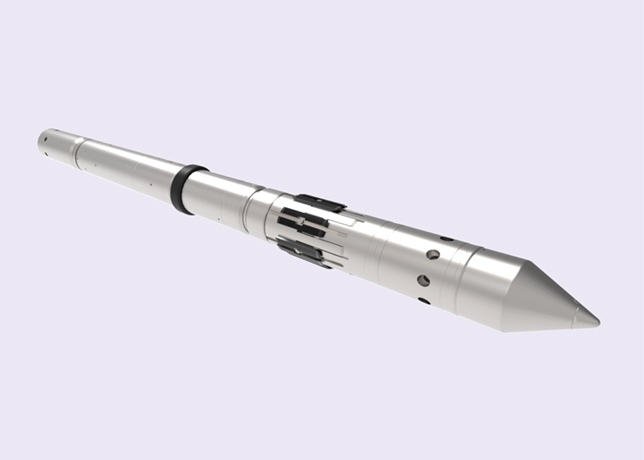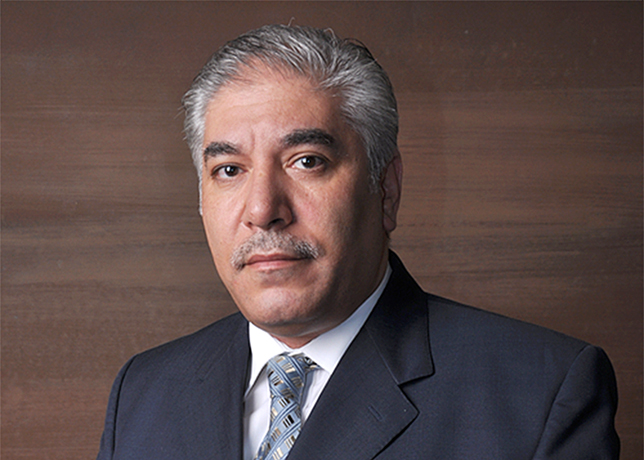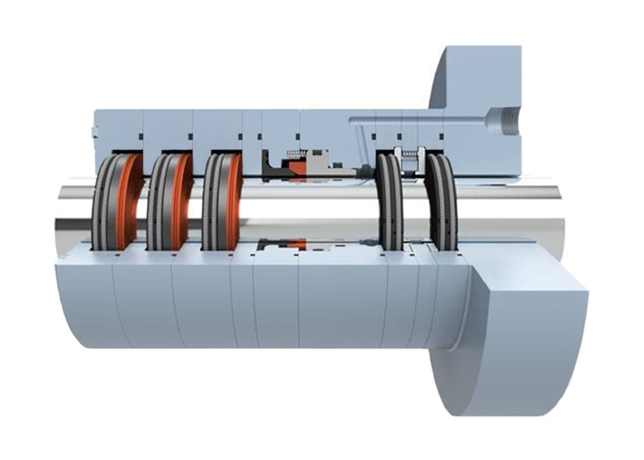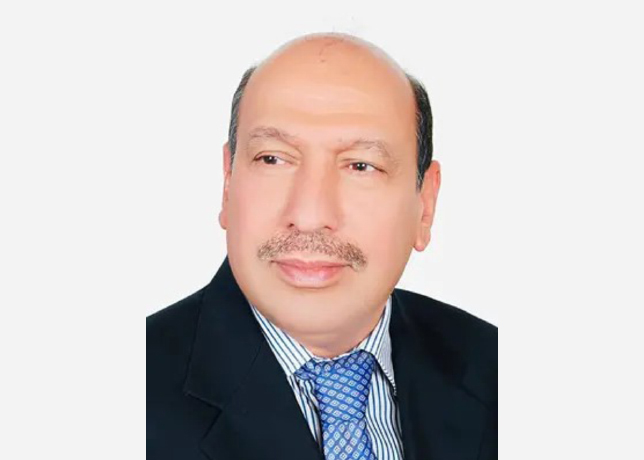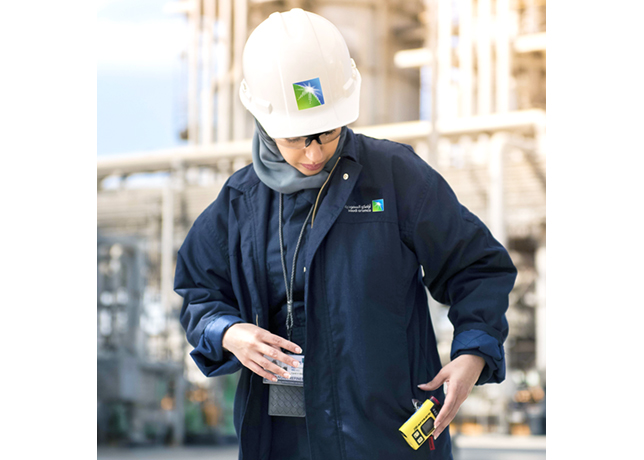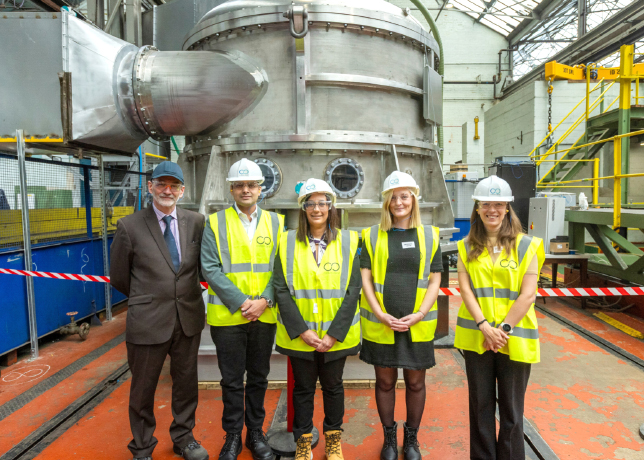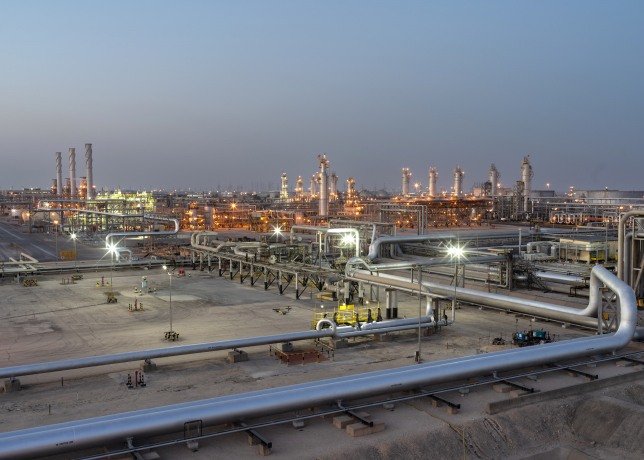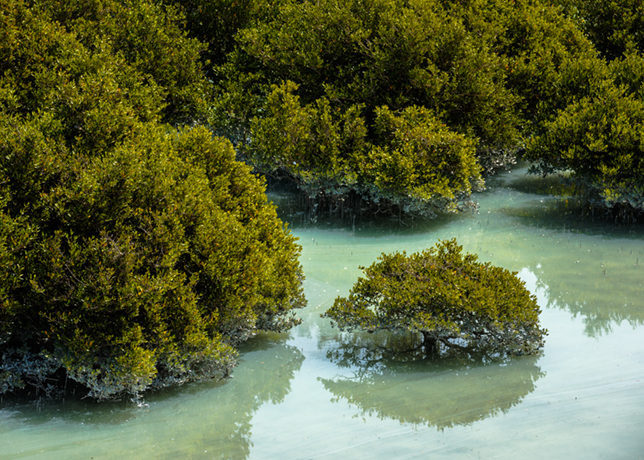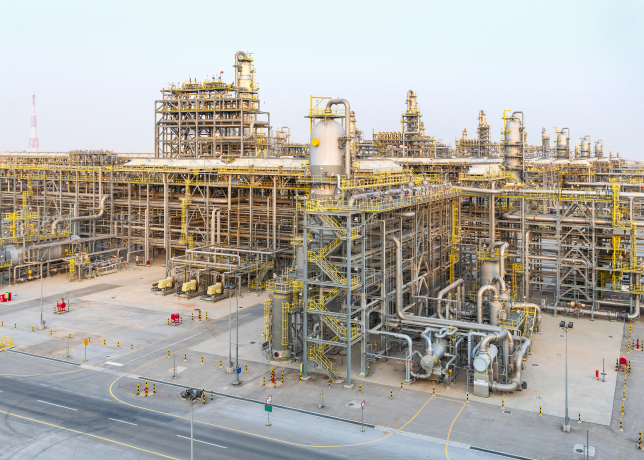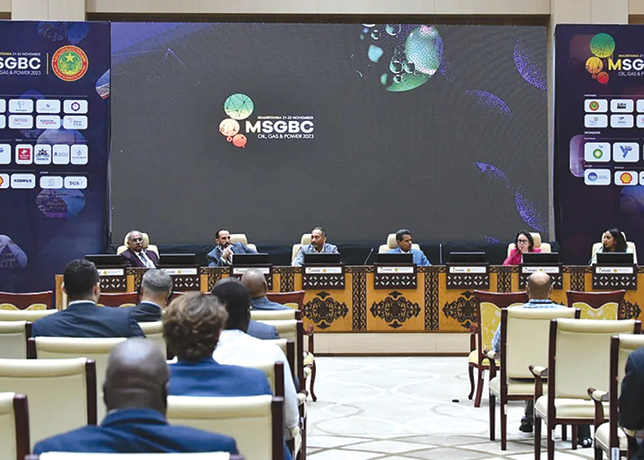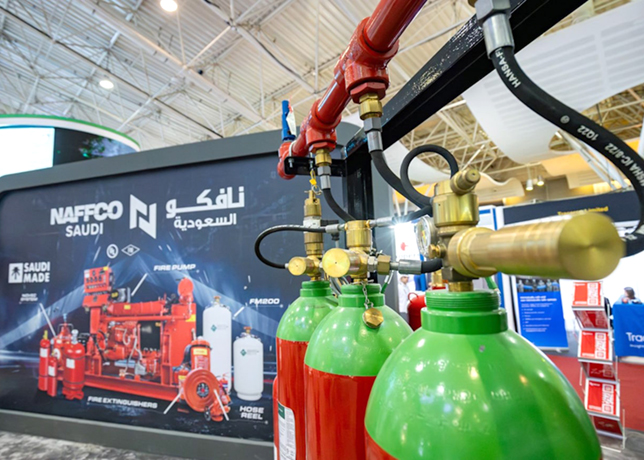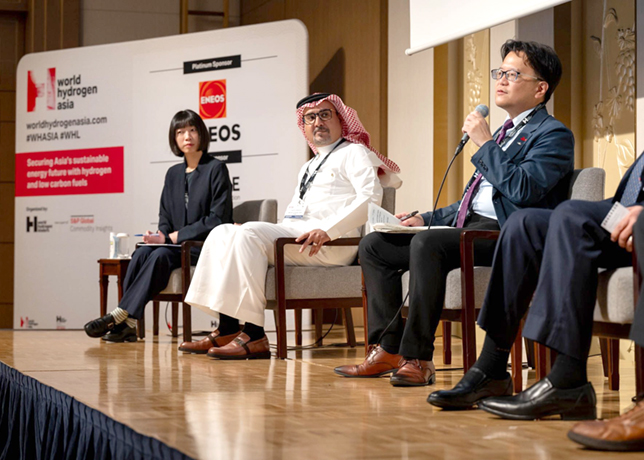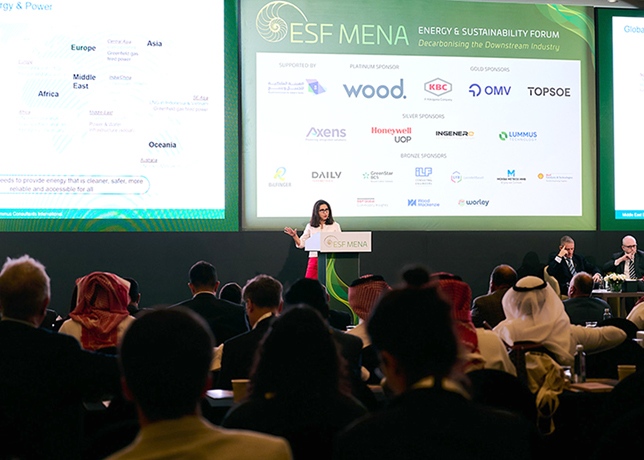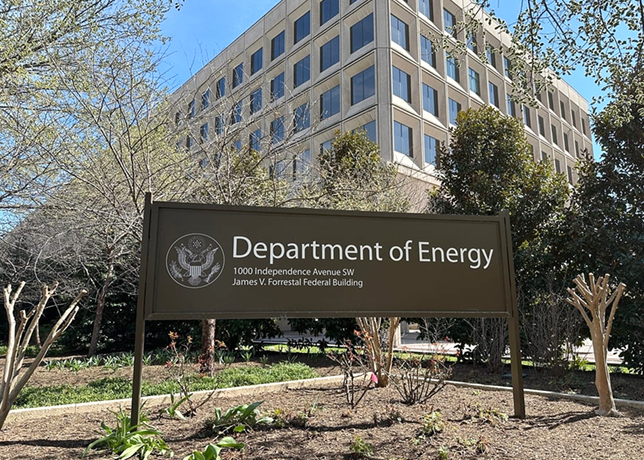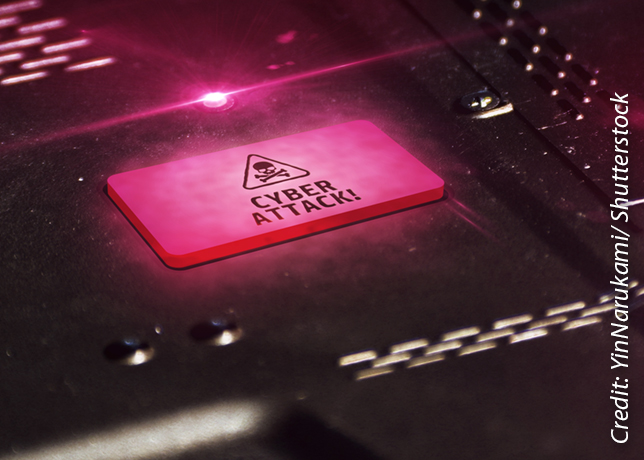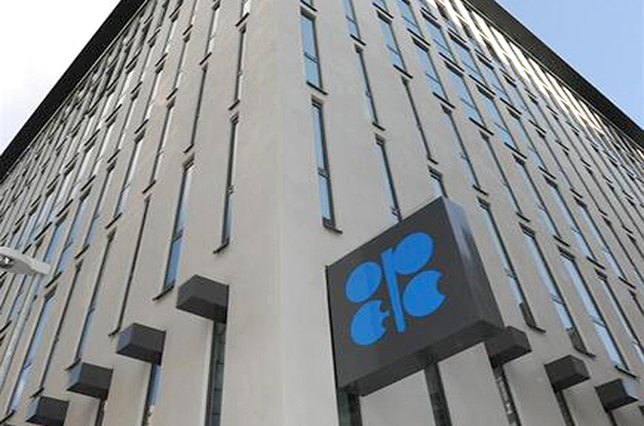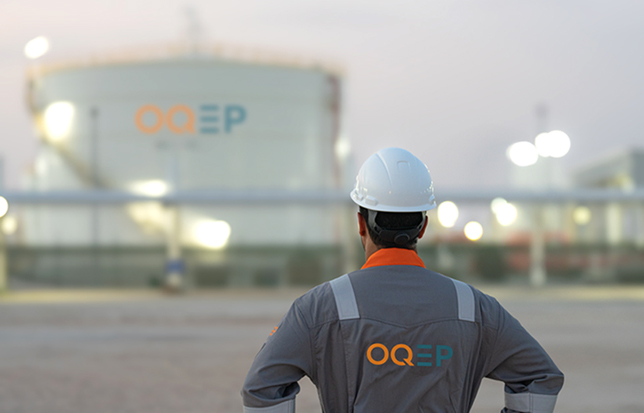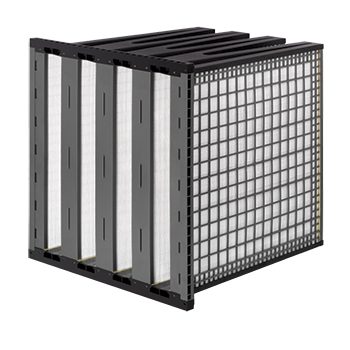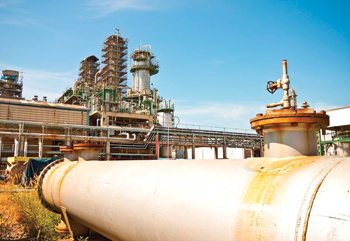
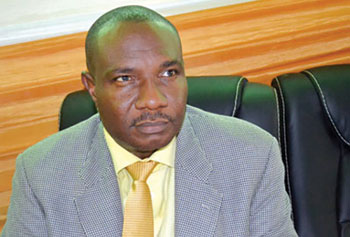 Dr Okoro ... achiever
Dr Okoro ... achiever
A NIGERIAN scientist has developed the most cost effective and efficient technology that can be used to diagnose and remediate problems associated with corrosion and souring in oil and gas industries.
Associate Professor of Petroleum Microbiology and Microbial Biotechnology, Federal University, Ndufu-Alike, Ikwo (FUNAI) Ebonyi State, Dr Chuma Okoro, says the advanced technology can save up to 75 per cent of the cost used currently in managing corrosion and souring related problems in the Nigerian oil and gas industry and this translates to about N13.4 billion annually.
The study titled “Impacts of Tetrakis-hydroxymethyl Phosphonium Sulphate (THPS) Based Biocides on the Functional Group Activities of Some Oil Field Microorganisms Associated with Corrosion and Souring” was published in August 6, 2014 edition of the British Microbiology Research Journal.
The summary of the research findings was presented in FUNAI at the sixth edition of the Petroleum Technology Development Fund Technology (PTDF) - FUNAI Technology Knowledge Sharing Programme (TKSP).
The forum brings together science, engineering and technology researchers in oil and gas industry in Nigeria and beyond.
Dr Okoro has also just received a US Patent for a formula he invented in 1997, ‘Sea Water Microbial Inocula,’ used for managing bioremediation in mangrove swamp.
Dr Okoro explains: “With accurate diagnoses, remediation is very simple. The proposed remediation will avoid the use of costly biocides currently in use in the industry and adopt the uses of suicide target genes that completely shut down microbial metabolism on entering the oil formation. This process is the cheapest, very effective and most cost effective and can reduce the current cost of managing souring and corrosion related problems in Nigeria by 75 per cent.”
Oil field reservoir souring is the undesirable production of hydrogen sulphide (H2S) in oil reservoirs by sulphate reducing bacteria (SRB). This is a common problem during secondary oil recovery when sea water is injected to produce the remaining oil in the reservoir. SRB reduce sulfate in the injection water to sulfide, while oxidising degradable organic electron donors present in the oil reservoir.
The production of sulphide by SRB in the oil and gas fields causes other problems like corrosion, reservoir plugging, deterioration of product quality and decrease in the permeability of fine pores of underground petroleum reservoirs which impedes the secondary recovery of petroleum by water injection. Souring reduces both the quality of oil and its economic value. The total cost of managing souring related problems in the Nigerian oil and gas industry is about N6.5 billion annually.
Microbial induced corrosion (MIC) or bio-corrosion can be defined as an electrochemical process where the participation of microorganisms is able to initiate, facilitate or accelerate corrosion by changing the electrochemical conditions at the metal solution interface. Microorganisms are ubiquitous in oil and gas environment and may influence both the initiation and propagation of all known types of metallic corrosion. As a consequence, MIC poses a serious risk for the integrity, performance and reliability of nearly all metals used in oil and gas operations such as iron, steel, aluminum, titanium and their alloys.
Bioremediation is a waste management technique that involves the use of organisms to remove or neutralise pollutants from a contaminated site.
Dr Okoro further explains: “This is based mostly on sequenced based microbial biotechnology. We combine both culture dependent and culture independent methods to arrive at accurate diag ure independent methods involve the extraction and purification of Deoxy ribo-Nucleic Acid (DNA)/genetic material from samples.
“We have advanced that in the Niger Delta, a group of organisms known as methanogens are now playing major roles in bio-corrosion episodes We have also advanced that oil field microorganisms are getting more and more resistant to biocides used to control corrosion and there is need for alternative mitigation approaches.”
Dr Okoro says the aim of the study published in British Microbiology Research Journal was to determine the biocidal efficacy of THPS based biocides currently used in oil fields to control souring and corrosion. This, he says, is done by direct monitoring of inhibition of cell growth and inhibition of microbial functional group activities such as the ability to reduce sulphate and generate sulphide by sulphate reducing bacteria (SRB), reduce nitrate to nitrite by heterotrophic nitrate reducing bacteria (hNRB) and oxidation of sulphide and reduction of nitrate by sulphide oxidizing, nitrate reducing bacteria( so-NRB) using CSB-K medium.
The study reads: “We conclude that SRB may have developed low level microbial resistance to THPS based biocides as higher doses are required to inhibit their activities. It is therefore recommended that THPS should be used in combination with other biocides or metabolic inhibitors for it to be effective at lower concentrations.”
The other researchers include: S Smith of Shell Nigeria Exploration and Production company (SnEPcO), Lagos; l Chiejina Shell Petroleum Development company (SPDc) of Nigeria; and R Lumactud Department of Physical and Environmental Sciences, University of Toronto Scarborough, Toronto, Canada; H S Park and J Voordouw of the Department of Biological Sciences, University of Calgary, and B P Lomans of Shell Global Solutions International Netherlands.




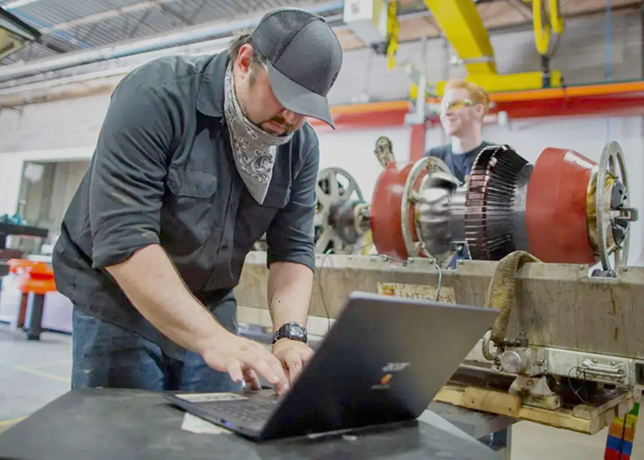


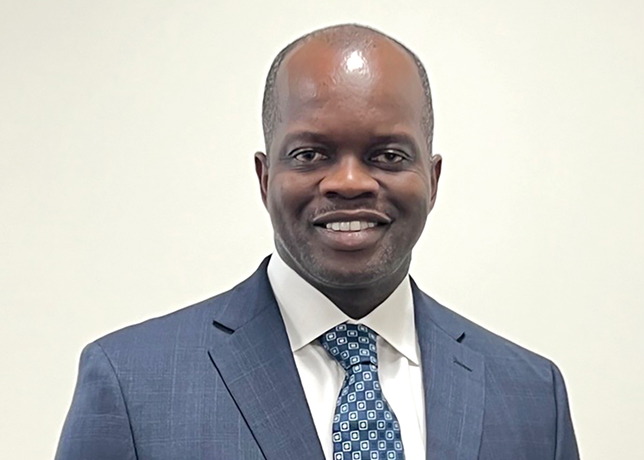

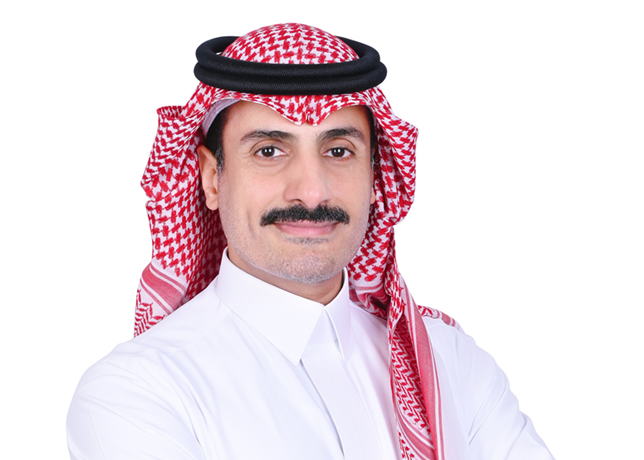

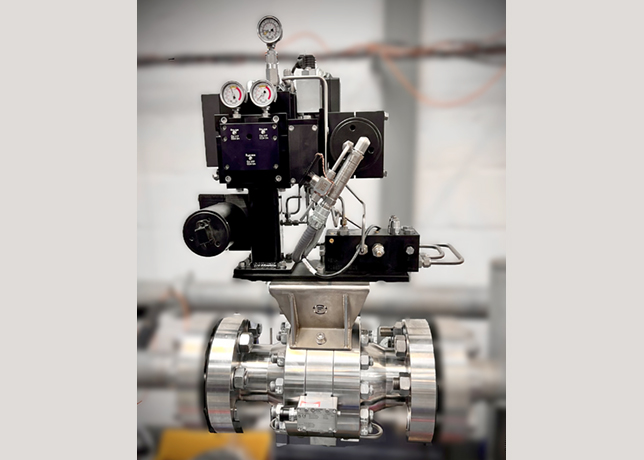
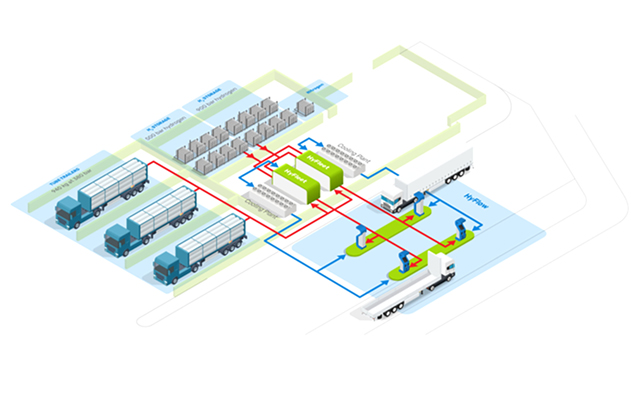
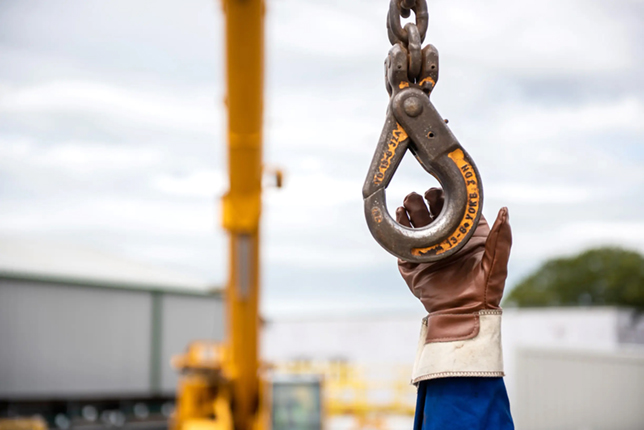

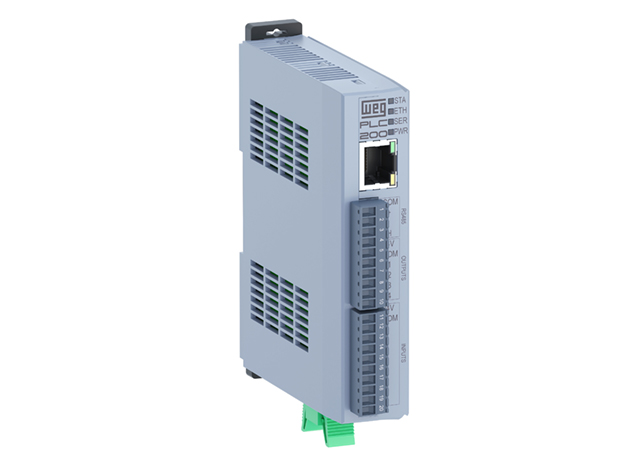
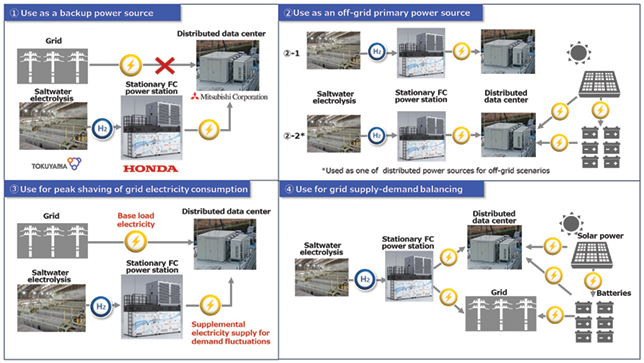


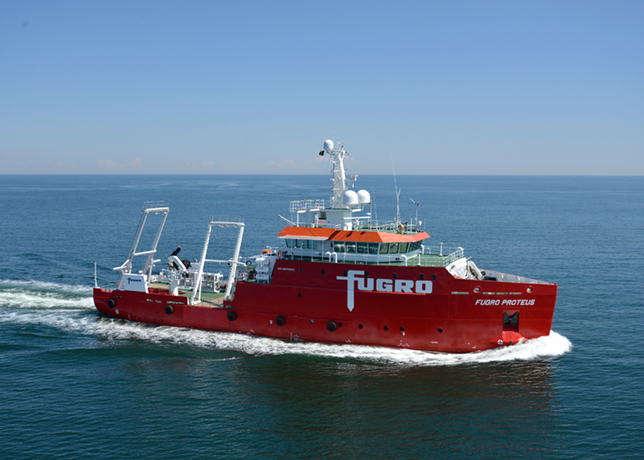

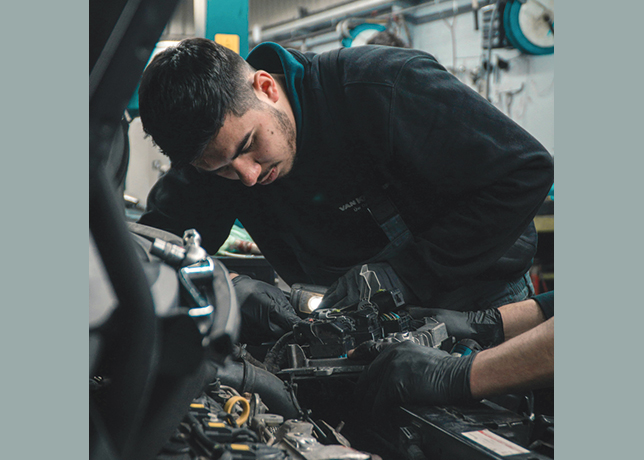
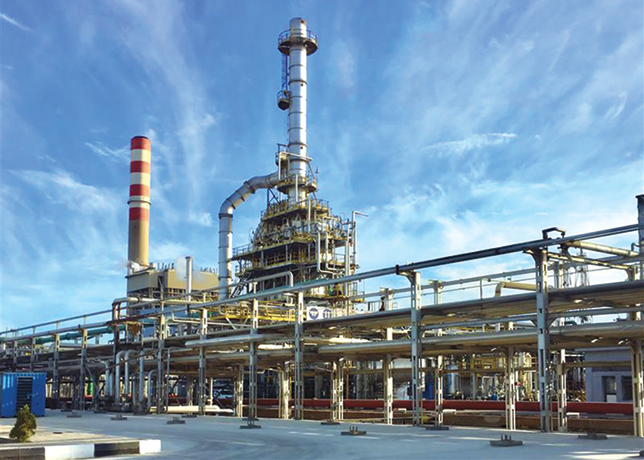
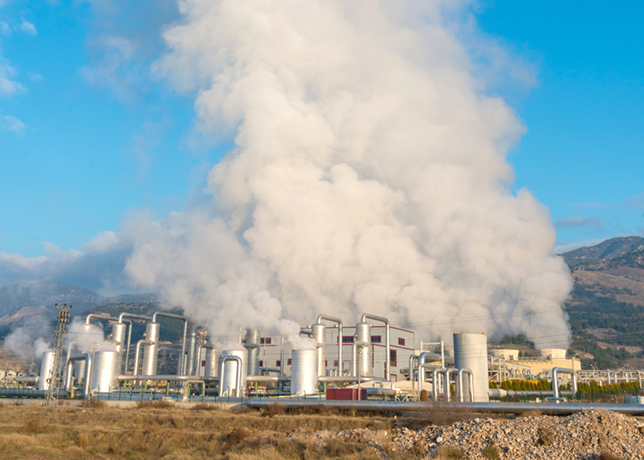

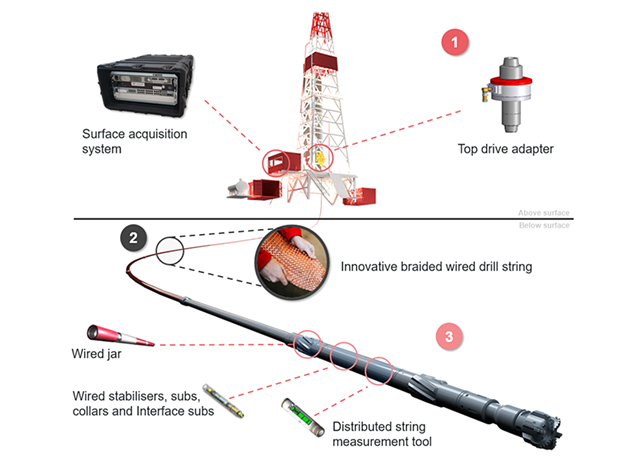
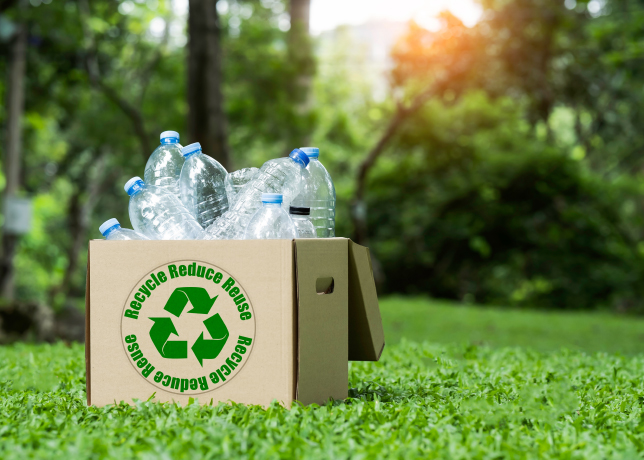





-is-one-of-the-world.jpg)
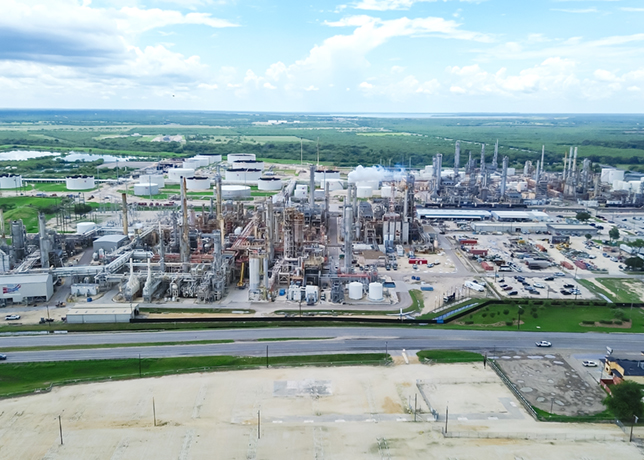
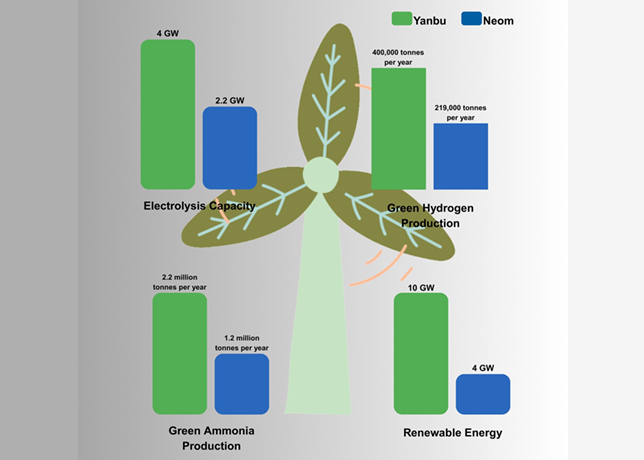
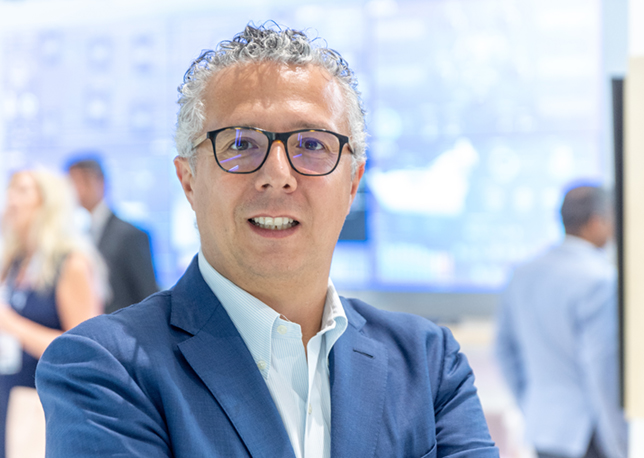
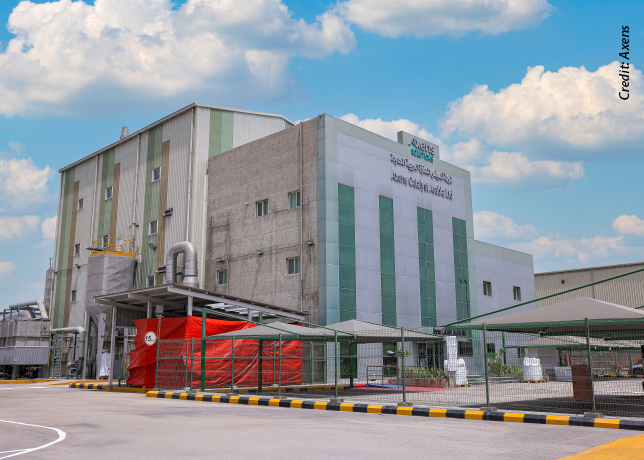
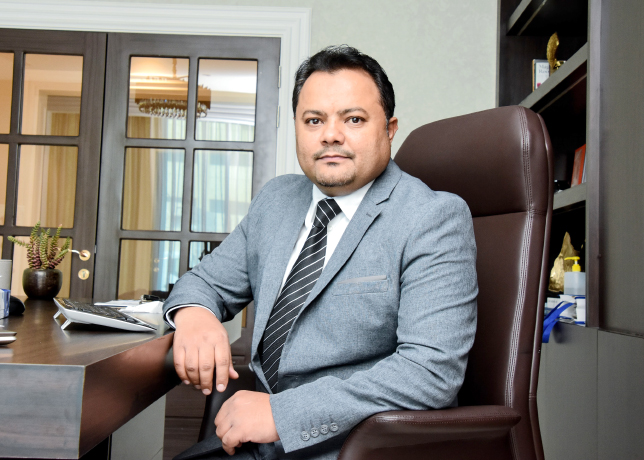
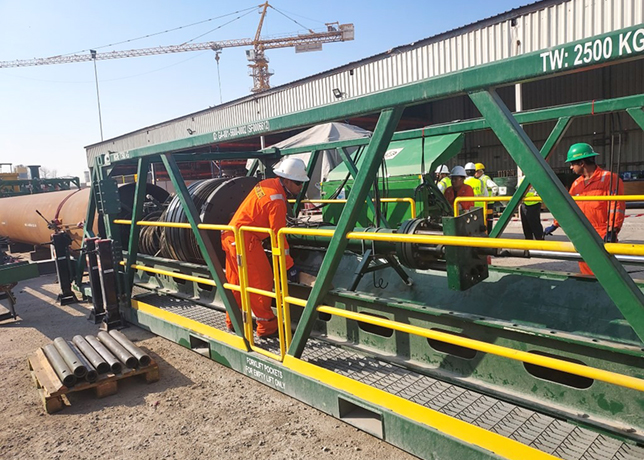
-(4)-caption-in-text.jpg)
